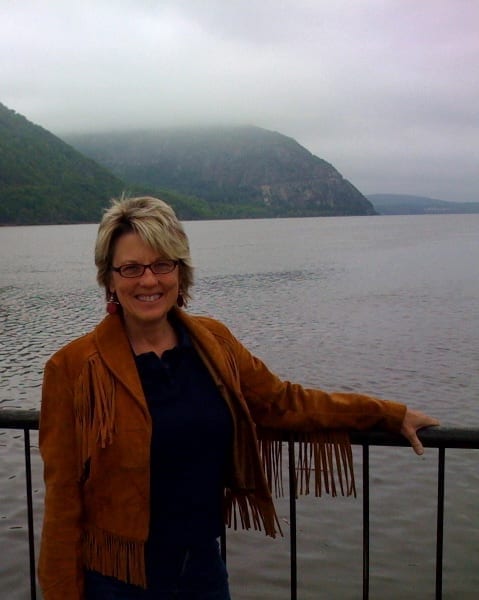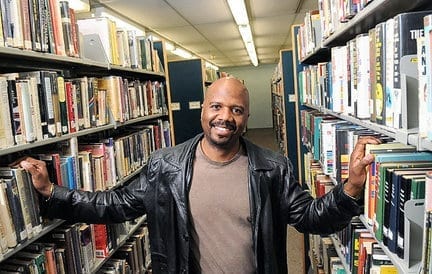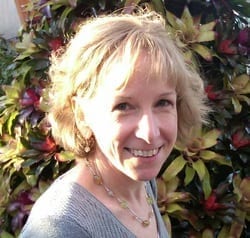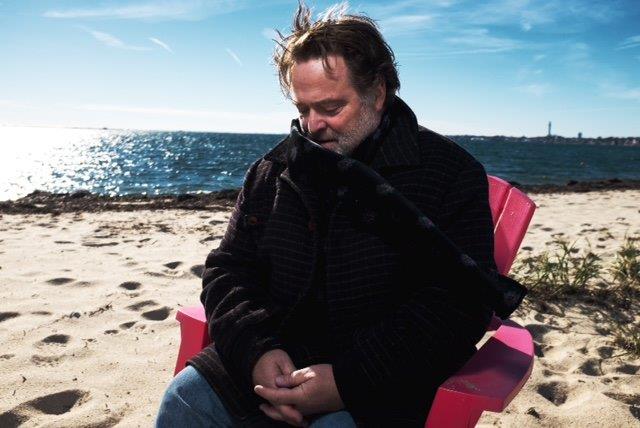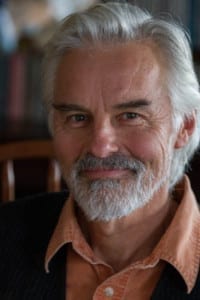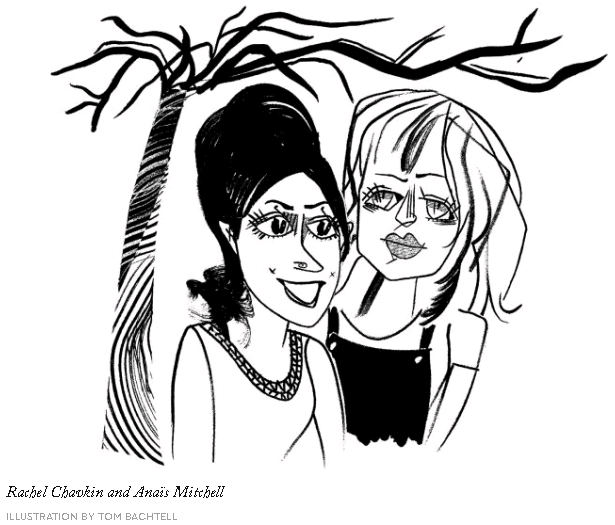After graduate school, I joined a migration of writers to New York. My homeland was Skokie, a suburb outside Chicago, where our mostly old neighbors had just survived the holocaust and I could walk all by myself to their houses to play cards with them. We lived in identical small ranch houses, mine distinguished by being a place where adults spelled out the word “divorce” over my head like profanity and always in relation to other people. There was dinner every night, breakfast every morning, cocktails and television, piano lessons, BBQs on the patio, a set of World Book Encyclopedias and 12 novels, one of which was Gore Vidal’s MYRA BRECKINRIDGE, which I read on the sly when I was 12.
Author: MFA Writing
Register Now: Lighthouse Writers’ Conference & Retreat
Lighthouse Writers’ Conference & Retreat Fri, Feb. 10 – Monday, Feb. 13, 2017, Port Townsend, Washington It’s here! We are thrilled to announce the second annual Lighthouse Writers Conference and Retreat (LWC&R). Revitalize your own work amid the richness of Goddard’s Port Townsend writing community at Fort Worden, while developing strong connections with fellow alumni… Continue reading Register Now: Lighthouse Writers’ Conference & Retreat
Oscar Wilde’s Wild Letter
GoddardMFAW faculty member Victoria Nelson on Oscar Wilde: Unbidden, a voice rose inside me: Oscar, get over it… How honest are we writers when we deliver our version of a real-life story in our memoirs and autobiographical fiction? Do we tell the hard truth about ourselves as well as the other guy? Or do we, every now and then, use our art to justify ourselves and settle scores–we poor victims with better words?
Save the Dates!
1997 – 2017! And Two Conference & Retreat Opportunities for Celebration We’re thrilled to announce The Lighthouse Writers’ Conference & Retreat in will take place in Port Townsend from February 10 – 13, 2017. Registration for this C&R will be open from October 15 – January 15. and The Clockhouse Writers’ Conference & Retreat will… Continue reading Save the Dates!
Once upon a time… in Connecticut
Goddard MFAW faculty Aimee Liu: Once upon a time, the story begins… and instantly we are transported. Those four simple words cast a spell around the world, with translations in virtually every language promising a journey to a “time” that is also a place, like a magic carpet or hidden castle that we “once” might have come “upon” in another life.
On H.G. Wells
Goddard MFAW faculty John McManus: I’m thinking this morning of Herbert George Wells, the science-fiction writer and prophetic humanist born 150 years ago this week.
Child’s Play
Kyle Bass, Goddard MFAW faculty: Like the tikes who showed up again and again in my stories, I preferred the company and troubles of adults. It appears my child-self fits a psychological profile for what I’ve become.
Sheila Curran Bernard Receives NYFA Award
Sheila was awarded a named collaborative fellowship from NYFA: the Geri Ashur Screenwriting Award (established in 1984) in memory of Geraldine Ashur, for Playwriting/Screenwriting.
Alexis Smith’s Second Novel Published
We’re happy to celebrate the publication by Houghton Mifflin Harcourt of Goddard MFA in Creative Writing alumna, and recent Visiting Alumna, Alexis Smith’s second novel, Marrow Island.
Book People
Goddard MFAW faculty Michael Klein: Apparently, E.L. Doctorow once taught a course that only had one book on the syllabus. The class read the one book and decided from there what the next book should be. If it was Jane Eyre, somebody might then suggest The Wide Sargasso Sea, which was a prequel and written by another writer at a completely different time. Perhaps, reading both books would give a person a rounder sense of the world created by both sets of characters.
John Hadden’s Memoir Published by Arcade
Goddard alumus John Hadden’s book Conversations with a Masked Man: My Father, the CIA, and Me was published by Arcade Publishing. James Carroll, author of An American Requiem, says John’s book is “a poignant encounter” in which he “shows how the wounds of the past refuse to heal, and how acknowledging that truth can open into hard won wisdom — and even love.”
How I Learned to Stop Worrying and Love the F-Bomb: A Young Adult Author vs. the Four-Letter Word
Goddard College MFAW faculty Sherri L. Smith on using the F-Bomb: If Sales is saying it, not changing the line could mean no sales! I could single-handedly obliterate the success of my book by dropping an f-bomb!!!
An Interview with Douglas A. Martin
In the new Rain Taxi, Douglas Martin and Andy Fitch talk through the examples of Kathy Acker, Hart Crane, Gertrude Stein, Virginia Woolf, William Faulkner, and others. Narcissism. Writing sentences like painting. And how one gets involved in the work.
MFAW Student Anaïs Mitchell in The New Yorker
“Hadestown” began in Vermont, in 2006. “The original was a D.I.Y. theatre project,” Mitchell said. “It was a lot of, like, wild cabin-fever Vermont artists coming together, fringe people who have chosen this off-the-beaten-path life style—homesteading, chickens, stacking their own wood.”
Elvis, Noh, and Patience
Goddard College MFAW faculty member Deborah Brevoort: Tonight I will finally get to see a production of my MFA thesis play, a Noh drama about Elvis Presley titled Blue Moon Over Memphis. I have waited 23 years for this day.
The Cathedral and the Yurt
Goddard College MFAW-VT faculty member Jan Clausen: “I get it. I keep trying to build cathedrals when I should be building yurts.” This comment from an advisee, about her struggle to get annotations down to more manageable dimensions, has stuck with me for years as a witty image for one of the perennial dilemmas of critical writing.
Laughs (Or Lack Of…)
Goddard MFAW faculty member Rogelio Martinez on writing comedy: “I place laughs in a play to carefully track the play’s relationship with the audience. If a laugh fails to land then there may be several reasons why. It may be the acting or the directing, but usually it’s the writing. It has little to do with the laugh itself but with those things surrounding the laugh – plot, characters, obstacles, etc. In other words, it’s not whether the joke is funny or not but whether the audience has been paying attention to the play.”
Congratulations to the Newest MFAW Alumni!
On behalf of the Clockhouse Writers’ Conference‘s Board of Stewards and the alumni community of the Goddard College MFAW program, I want to extend my congratulations and warmest welcome to those who’ve graduated in Port Townsend, Washington, during the July 15 – 23 residency: Loba Wakinyan Azul D. Bergman Friscia Wanda… Continue reading Congratulations to the Newest MFAW Alumni!
Goddard Poets in the House
Goddard MFA alumna Teresa Mei Chuc writes, “If you’re in NYC on Sat., July 30th, I hope you can join us for a poetry reading at Poets House. Several Goddard College MFA in Creative Writing alumni will be there: Drew Dillhunt (Port Townsend, WA), David Giver (Plainfield, VT), Susan Deer Cloud (Plainfield, VT) and Teresa Mei Chuc (Plainfield, VT).
Body Language
Goddard MFA Faculty member Susan Kim writes, “When I discovered that the residency theme was “Body, Language” and that I was expected to deliver a keynote, I grew despondent. Maybe what I really was, was overwhelmed. Because let’s face it: anything with “body” in it is one hefty mother of a subject. Writing outside of the body is difficult…and risky. We risk getting it wrong. We risk looking really stupid. And we certainly risk offending, often the same readers we are trying to reach.
